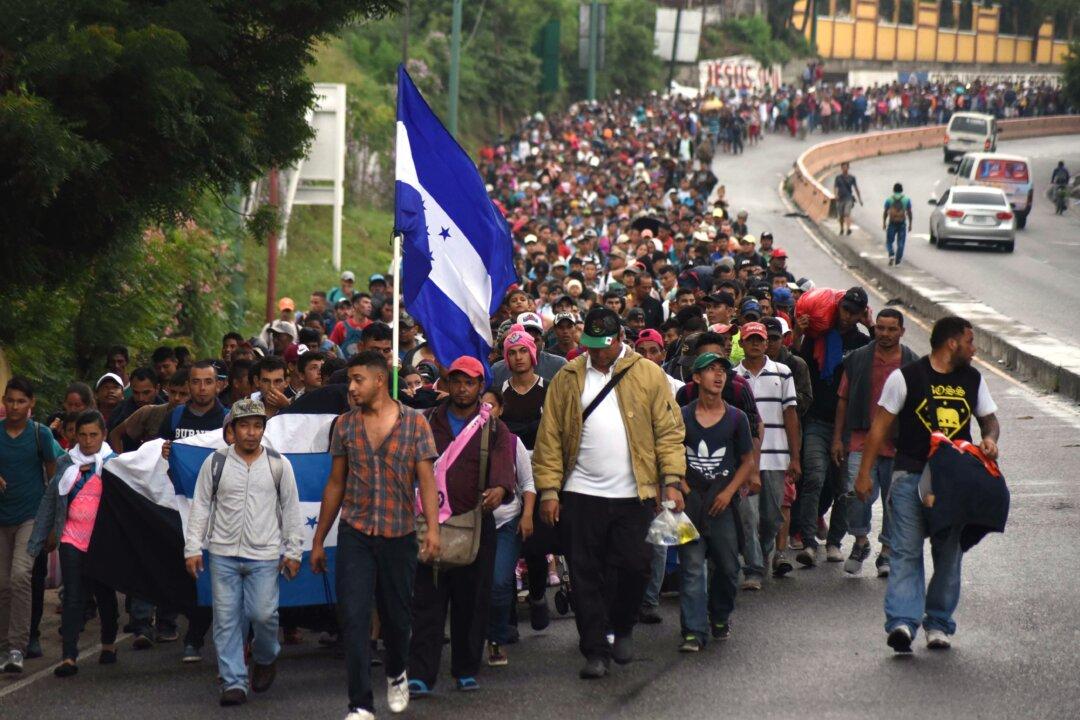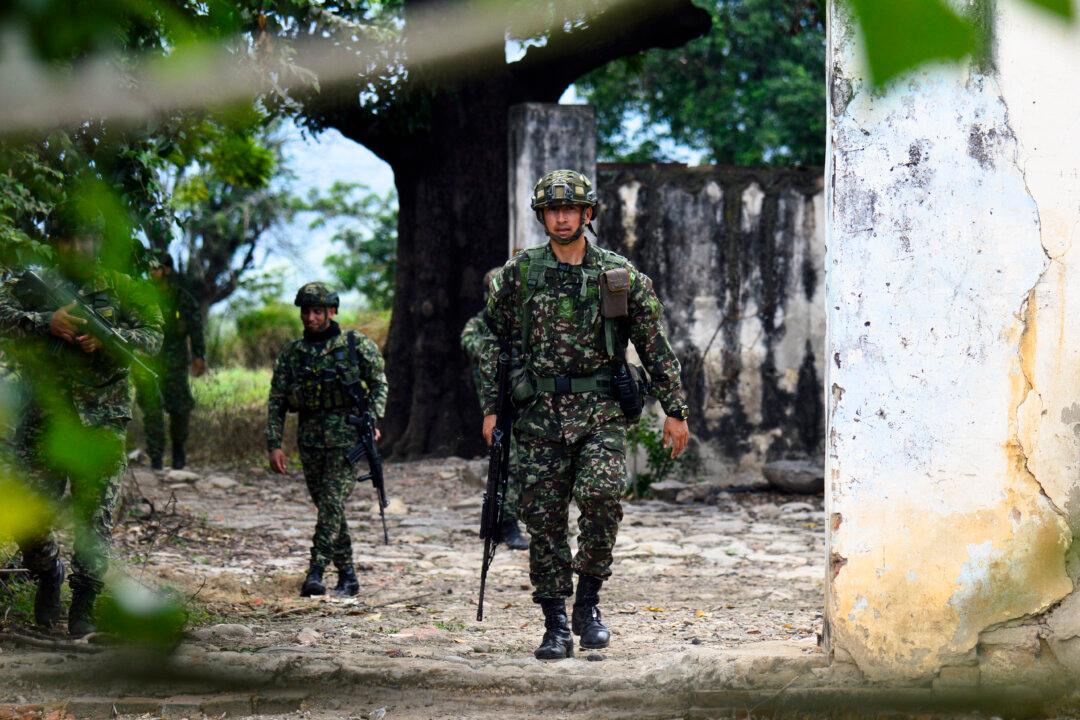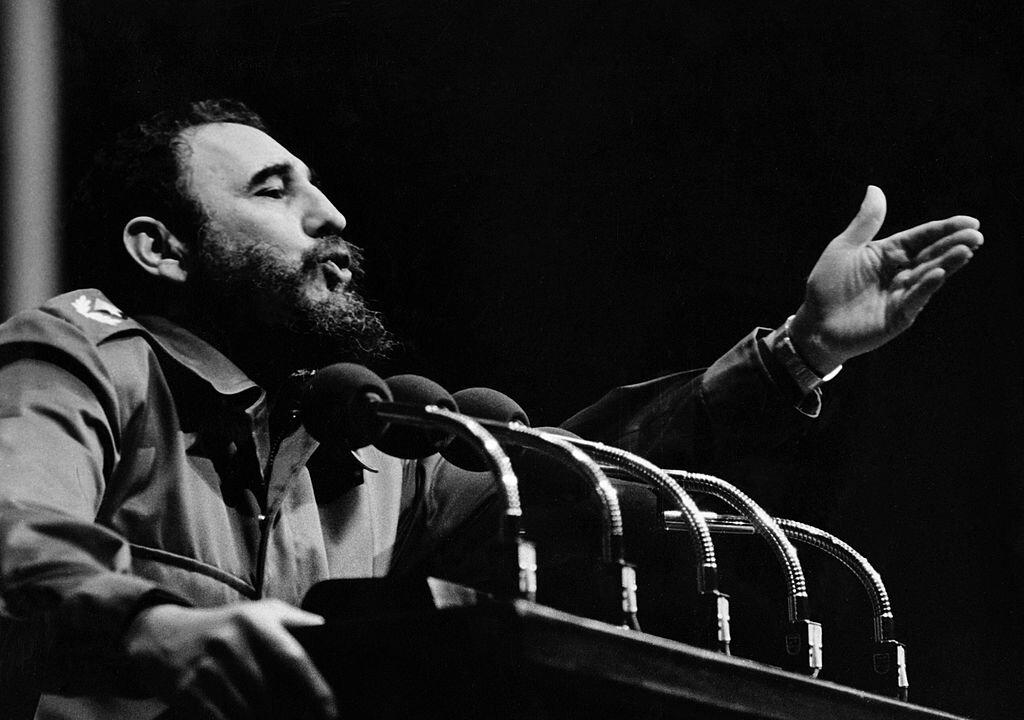Honduran migrants may say, “We are fleeing criminality and violence.” Yet, the migrant caravan has proceeded to smash down a border gate, push aside police, and storm a bridge.
The caravan participants say, “We are proud Hondurans,” while waving flags, then walk out and declare the nation is so unbearable that the people must flee permanently.





